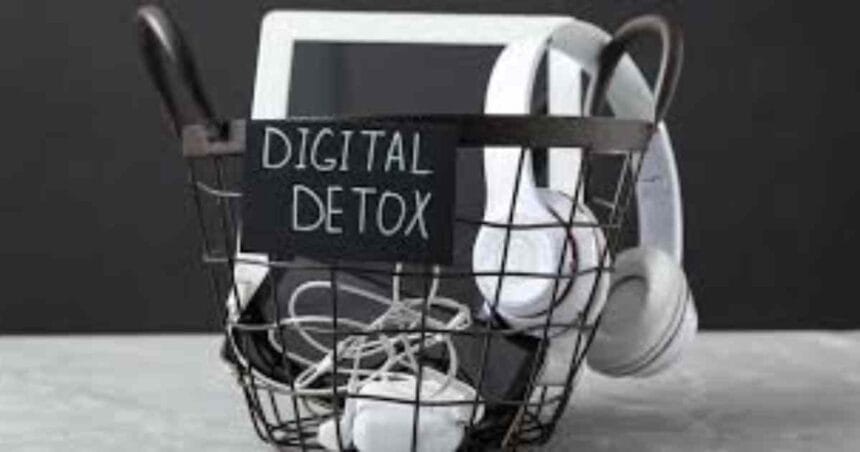In an era where smartphones dominate daily routines, a rising lifestyle trend is urging people to step back from screens. Known as the “digital detox,” this movement is gaining momentum among young professionals in the United States who are looking for healthier work-life balance.
Health experts note that constant digital engagement is linked to stress, anxiety, and sleep disruption. With remote work blurring boundaries between professional and personal life, many are finding it difficult to disconnect.
Retreat centers and wellness programs are now offering structured digital detox experiences, where participants hand over their devices for periods ranging from a few hours to several days. Activities such as hiking, meditation, and journaling replace screen time, helping individuals reconnect with nature and themselves.
According to lifestyle coaches, even small steps — like implementing “no-phone zones” at dinner tables or limiting social media use before bedtime — can have a profound effect on mental health. Employers are also beginning to encourage employees to take “tech-free breaks” as part of broader wellness initiatives.
The trend is not about rejecting technology but about using it with intention. Advocates say that by disconnecting periodically, people can improve focus, relationships, and overall happiness.
With digital platforms shaping nearly every aspect of modern life, the digital detox movement serves as a reminder that sometimes the best way to recharge is to unplug.










